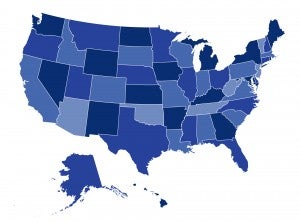July Research Round Up: What We’re Reading

Health policy researchers are keeping busy, assessing the impact of recent and potential state and federal actions. CHIR’s Olivia Hoppe digs into new research on how interruptions in insurance coverage impact chronic disease management, the debate over the Affordable Care Act’s (ACA) employer mandate, the innovative ways that California is keeping its risk pool healthy, characteristics of the uninsured in the U.S., and the coverage and premium effects of state-based individual mandates.



